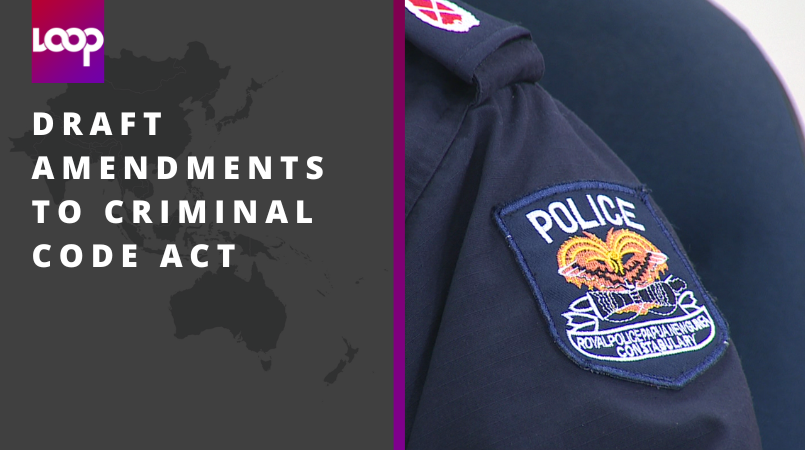
Proposed amendments to the Criminal Code Act aim to combat domestic terrorism in Papua New Guinea.
The amendments, currently being drafted by the Minister for Internal Security, MP Peter Tsiamalili Jr and Commissioner of Police, David Manning, seek to empower law enforcement agencies with increased capabilities to tackle domestic terrorist activities.
The proposed amendments to the Criminal Code Act are part of Papua New Guinea's efforts to confront the growing threat posed by domestic terrorism. Establish penalties for these offenses, and grant explicit powers for investigating and responding to such acts.
Commissioner David Manning emphasizes that international organized crime networks are behind these acts of terror, which include kidnappings, killings, rapes, and other violent crimes.
The government intends to introduce comprehensive legislation that will enable law enforcement to effectively combat these criminals.
Commissioner Manning said, “The new laws we are developing will be robust and comprehensive, providing us with the necessary tools to remove these criminals from our streets. We understand that some may argue that these laws are too tough, but our primary objective is to protect law-abiding citizens and their right to freedom.
“Recent amendments have been made to the Criminal Code Act 1974, but now is the time for us to take a major step forward in confronting this menace of domestic terrorism.”
Commissioner Manning explains that the amendments will also provide reasonable additional powers to respond to incidents of domestic terrorism when there are reasonable grounds to suspect an offense is being committed or about to be committed.
“These reforms may impose limitations on individual rights, but they will be reasonable, proportionate, and in the interest of public safety. Our objective is to protect our people from the increasing threats of kidnapping, sexual offenses, and the proliferation of firearms by criminal groups. We are determined to adapt our legal landscape to effectively address these evolving challenges,” Commissioner Manning said.
He emphasized that the proposed amendments will enable more effective tracking and reporting of instances of domestic terrorism. This information will be crucial for making strategic policy decisions, allocating resources, and evaluating the success of counter-terrorism measures.
Further to this, the amendments will strengthen police powers to intercept communications used by domestic terrorists, considering the changing landscape of criminal activities involving information and communications technologies.
The amendments also aim to enhance cooperation and collaboration with international partners through training, equipment, technical advice, and the use of new technologies and resources.
Commissioner Manning highlights the need for a recognized definition of domestic terrorism to ensure interoperability with both domestic and international partners.
As the government works on these amendments, their goal is clear: to send a resolute message that acts of domestic terrorism will not be tolerated and will face the full force of the law.
